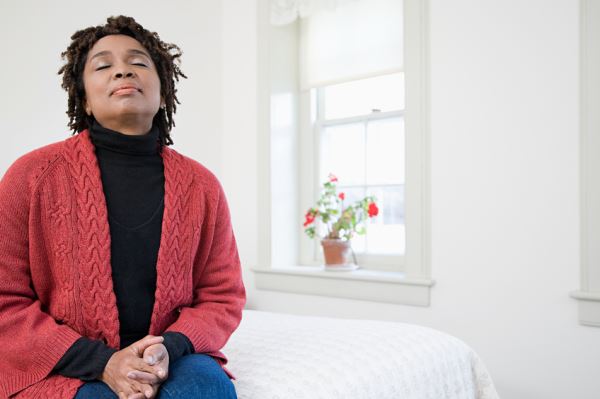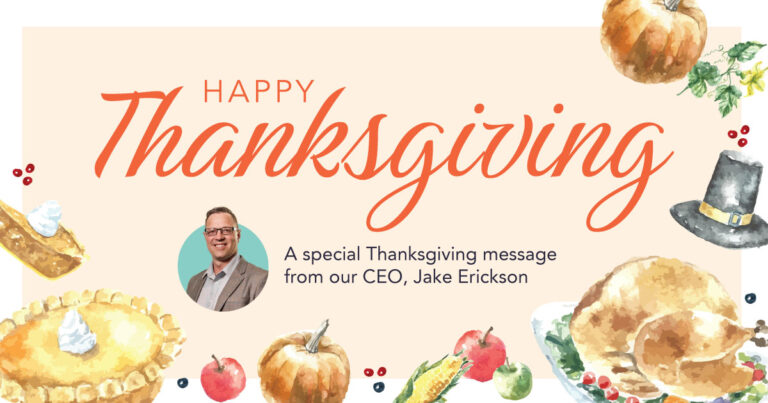
Breathe Easy with Healthy Lungs
Did you know that the average adult takes 15 to 20 breaths a minute? That’s over 20,000 breaths a day. Your respiratory system—the nose, throat, windpipe (trachea) and lungs—brings oxygen into the body. However, germs, pollen, molds, tobacco smoke, and other harmful substances can cause damage to your airways and make it more difficult for your lungs to work properly.
At this time of year in east Idaho, there’s a lot going on in the air. It’s harvest time. The conditions are dry and dusty, and several pollens like red sorrel, reed canary grass, and shadscale are producing unpleasant allergy symptoms. Many affected people are sneezing, have nasal congestion, sleep disruption, red and/or puffy/itchy and/or dry or watery eyes, itchy throat, and a cough. Persons severely allergic to pollens may also experience chronic sinus problems (sinusitis) and even asthma attacks.
The body has a natural defense system designed to protect the lungs, and these work very well most of the time to keep out dirt and fight off germs. However, other precautions to keep your lungs healthy include:
- Clean any visible mold with a diluted bleach solution.
- Clean heating vents and change home air filters regularly.
- Reduce time outdoors when pollen is at its peak (usually in the mornings).
- Wear a face mask if you work outdoors.
In addition, smoking can lead to many severe medical issues with the lungs and air passageways. Over time cigarette smoke destroys lung tissue and may trigger changes that grow into cancer. This Halloween, perhaps quitting can be a treat for you and your loved ones too.
If you find that over-the-counter remedies and the above treatments are ineffective in helping you to breathe easier, you might want to consider medical treatment. Dr. David Shrader is a pulmonologist with Bingham Memorial, and he sees patients who have respiratory disorders from asthma and emphysema to chronic obstructive pulmonary disorder (COPD) and occupational related breathing disorders. To schedule a consultation, please call 535-3636.
Return to Articles


